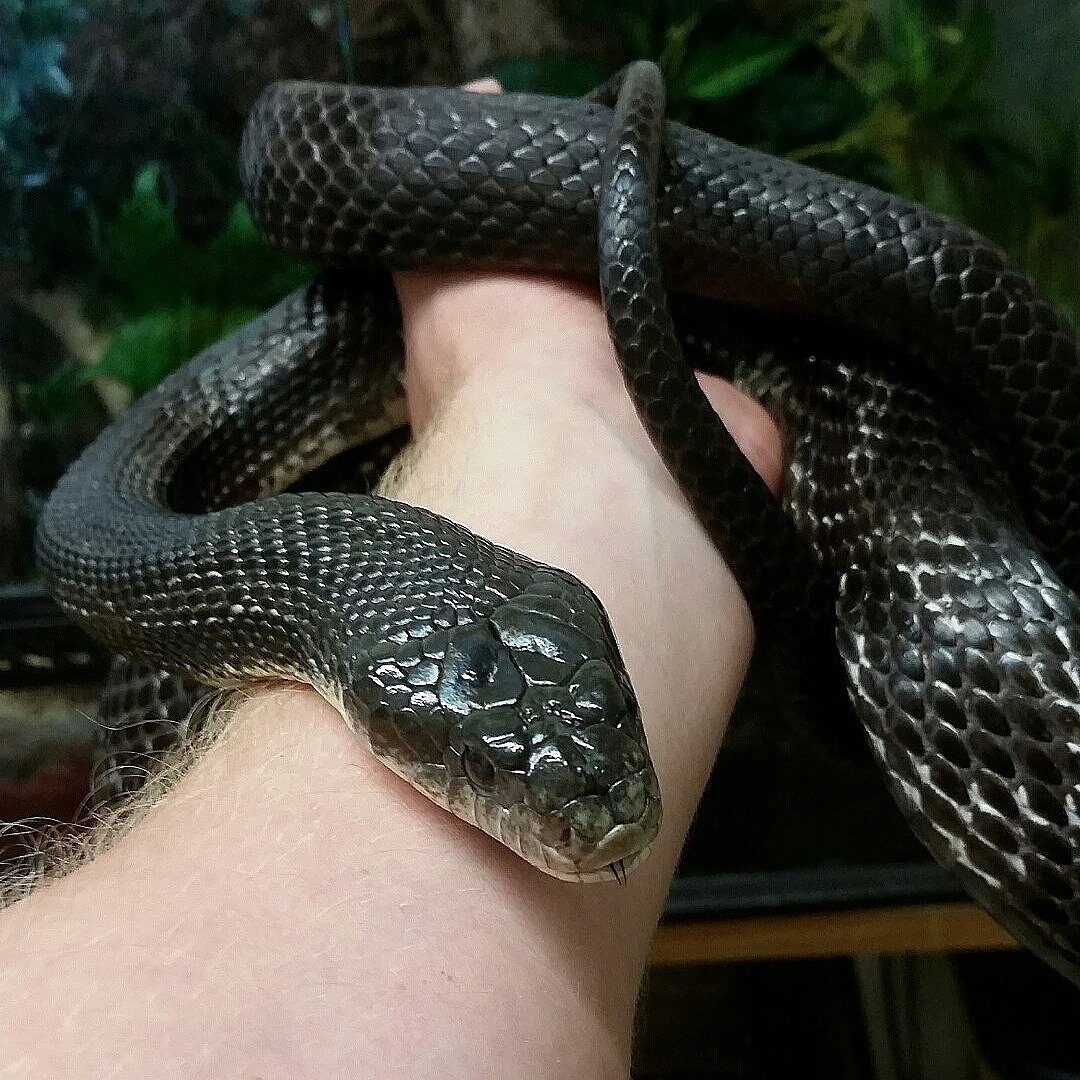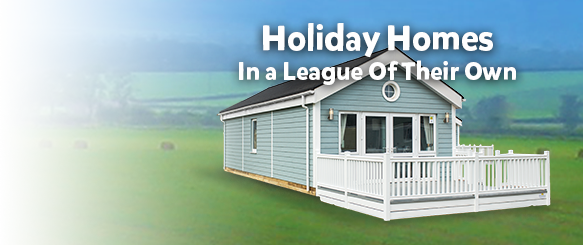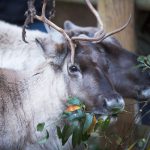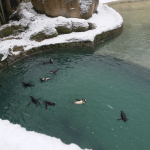Edmund’s On The Move!

One of the snakes that was previously housed in our Education Centre has moved over to Reptile River to be put on display. Edmund is a 16-year-old western black rat snake, the move means that he has lots more space to adventure and explore around in Reptile River – he is now housed next the Burmese python and shares his vivarium with our Blood Python named Fluffy! They are both getting on very well and often sleep next to one or another.
The western black rat snake is also known as the Texas rat snake, pilot black snake or simply black snake, it is a non-venomous species of snake, which is found in central North America. They are a fairly common species and live for around 30 years, though they do not tend to reach that age in the wild due to a number of reasons but mostly predation.
This species has a very wide geographical range around North America and likes to live on a variety of terrains. However, the black rat snake has been known to be found in farmlands and rocky areas, as most rat snakes prefer places where they can climb.
When startled rat snakes can freeze themselves and wrinkle into a series of kinks, they also face predators by rattling their tail as if to imitate a rattlesnake and will try to do this in a pile of leaves to make the sound louder and more intimidating, they may however attempt to flee as well. Another defence of the rat snake is to produce a foul smelling musk when picked up by predators to deter the threat.
The rat snake is a constrictor so will they will squeeze their prey before swallowing it whole! They will often eat: mice, voles and rats (hence the name) though they are not specialist hunters and will eat pretty much any other vertebrate they can catch, including: frogs, lizards, squirrels, birds, eggs and other snakes.
In captivity western rat snakes make popular pets. They are a large sized snake, on average they are around 4-6 feet, though the longest snake recorded was 8 foot 5 inches, making them the longest snake found in Canada. They also have a calm temperament and are easy to handle, they’re relatively easy to care for and enjoy hiding, burrowing and climbing.


